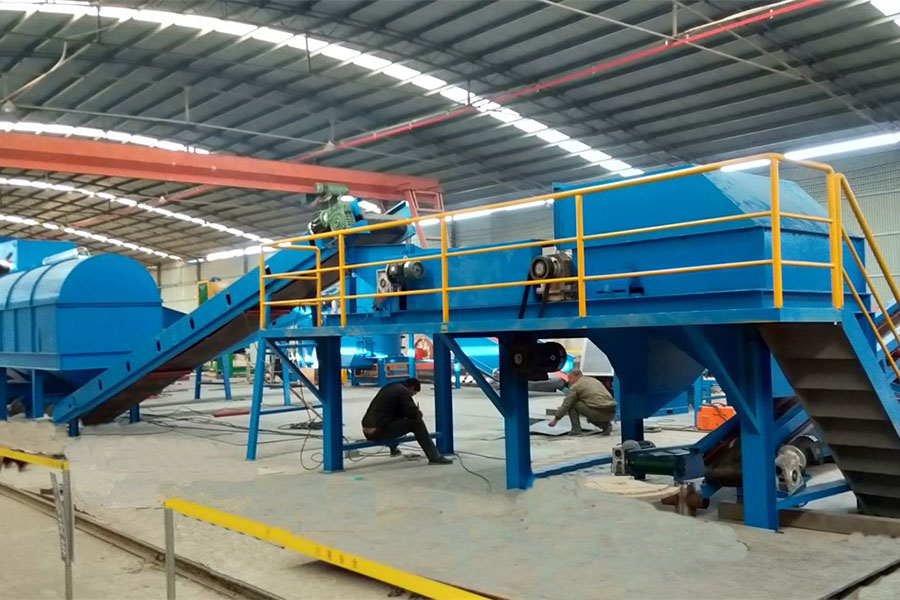

Окт . 31, 2024 15:22 Back to list
Industrial Recycling Shredders Transforming Waste into Resources
In today's rapidly evolving industrial landscape, the importance of recycling is more pronounced than ever. As industries strive to minimize waste and promote sustainable practices, recycling shredders have emerged as vital tools in the waste management process. These machines are specifically designed to break down various materials into smaller, manageable pieces, facilitating easier recycling and disposal.
An industrial recycling shredder serves multiple purposes across various sectors, including manufacturing, construction, and municipal waste management. By shredding materials such as plastics, metals, wood, paper, and e-waste, these machines enable companies to reclaim valuable resources while effectively reducing the volume of waste. This is paramount for industries aiming to reduce their carbon footprint and adhere to increasingly stringent environmental regulations.
The design of industrial shredders varies depending on the materials they are intended to process. High-torque rotary cutters and heavy-duty blades work in tandem to tackle tough materials. Some shredders are equipped with multiple knives, allowing for precise cutting and sizing, while others focus on high-speed operations that increase throughput and efficiency. Regardless of their design, all shredders share a common goal to convert waste into reusable materials.

One of the key benefits of using industrial recycling shredders is their contribution to operational efficiency. By reducing the size of waste materials, companies can streamline their recycling operations and enhance storage capacity. Shredded materials occupy less space, making it easier to transport them to recycling facilities. Furthermore, the processed materials are often more desirable to recycling centers, leading to better economic returns for businesses.
Another significant advantage is the role these shredders play in promoting safety and compliance. Handling large volumes of industrial waste can be hazardous; however, shredding materials minimizes risks associated with manual handling and storage. Plus, by ensuring that materials are processed correctly, companies can demonstrate compliance with environmental regulations, reducing the likelihood of fines or sanctions.
Innovations in technology have also led to the development of more sophisticated industrial recycling shredders, which can be equipped with features such as magnetic separators and screens. These enhancements allow operators to separate metals from plastics more efficiently, ensuring a higher quality of recycled materials. As industries continue to face increasing pressure to adopt sustainable practices, the role of shredders in the recycling process will undoubtedly grow.
Ultimately, industrial recycling shredders are crucial in the modern approach to waste management. By transforming various materials into valuable resources, they not only promote sustainability but also enhance operational efficiency and compliance for businesses across multiple sectors. As technology advances, these machines will continue to play a significant role in innovative recycling solutions, driving industries toward a greener future.
Latest news
Troubleshooting Common Eddy Separator Problems
NewsJul.04,2025
The Role of Metal Recycling Plants in Circular Economy
NewsJul.04,2025
The Impact of Recycling Line Pickers on Waste Management Costs
NewsJul.04,2025
Safety Features Every Metal Shredder Should Have
NewsJul.04,2025
How Industrial Shredders Improve Waste Management Systems
NewsJul.04,2025
How Cable Granulators Contribute to Sustainable Recycling
NewsJul.04,2025